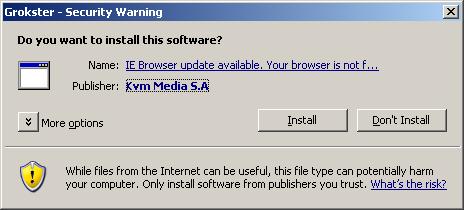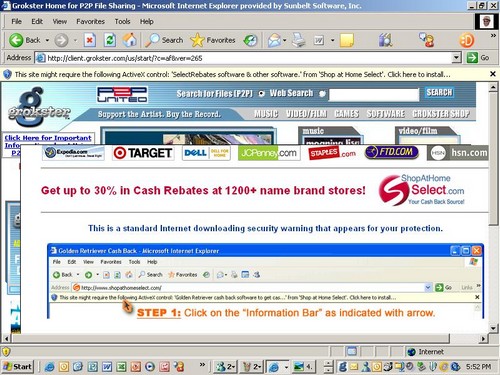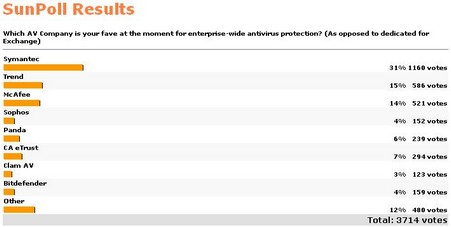The National Association of State CIOs has issued a report on wireless security, entitled “The Year of Working Dangerously”. Link to the report here.
While serious in nature, they paint a somewhat humurous analogy of past technology vs. current:
“Jim, a state employee, checks the radio of his brand new 1985 Buick Riviera for a morning traffic report—everything’s normal so far. Miles down the road, however, Jim realizes that he forgot his favorite BBQ chips. Hurriedly, he spins by the grocery store only to find an empty shelf where the BBQ chips should be. Making the best of it, Jim places a refill order on an existing prescription at the grocery’s pharmacy counter. Back on the road, Jim finds a long line at the toll road because of drivers with incorrect change. Frustrated, he turns on the radio, dialing past the music of Bruce Springsteen and John (still Cougar back then) Mellencamp, only to miss important detour information. What Jim also does not know is that a very time-sensitive message is waiting for him on his desk. Once at work, Jim scrambles between meetings with colleagues and accessing and reviewing files on his new desktop computer with a massive 20 MB hard drive.
Fast forward twenty years. Again taking off without his BBQ chips, Jim’s wife alerts him via his smart phone. This time, he finds his BBQ chips in plentiful supply. Radio Frequency Identification (RFID) tracking at the pallet level helps the grocery store stay well-stocked and also ensures that Jim’s prescription does not contain counterfeit substances. Jim checks out quickly by waving his RFID payment key fob at the cashier counter. At a stoplight, Jim reads an urgent email on his smart phone. He then breezes past the toll booth in his silver Nissan 350Z Coupe without stopping. The toll booth’s RFID reader automatically scans an RFID-tagged sticker on Jim’s car and deducts the toll from his pre-paid account. Listening to Coldplay’s new single, Jim receives a traffic advisory from his on-board telematics system. On time to work because his on-board navigation system guided him through a detour, Jim powers up his wireless laptop with the needed files and conducts a meeting in a colleague’s office. Jim’s use of a smart phone, wireless network and laptop do not compromise sensitive state information because of good security and privacy protection measures and training the state provided to Jim and his colleagues about the responsible use of wireless technologies.”






